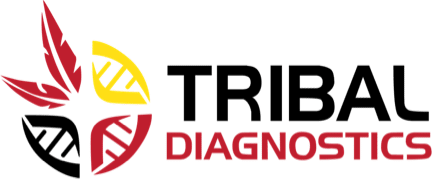TESTS PERFORMED
0
PROVIDERS
0
I/T/U
0
OUR LAB TESTS
At Tribal Diagnostics, we believe in affordable and transparent prices for our lab tests. The prices below represent our chargemaster for laboratory tests which would be the maximum amount someone would pay for our tests. Based on your insurance plan and medical necessity, some or all costs associated with these tests may be covered. For patients without insurance or facing financial hardship, alternative pricing may be available. This list is not all-inclusive and not always indicative of the latest price. For questions, please contact us.
No results found.
